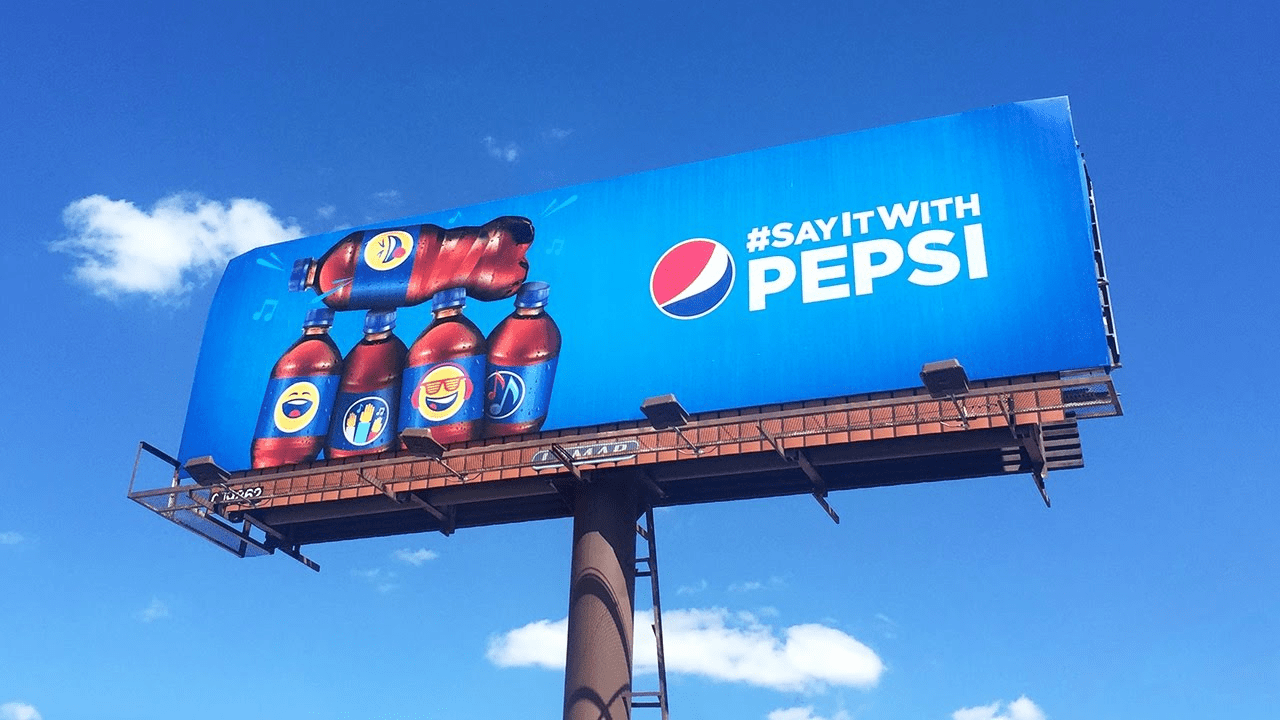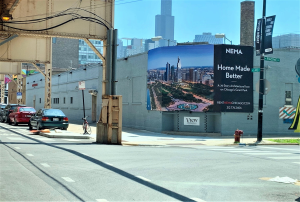Cost of Billboards: The Oversized Price Tag of a Dated Medium
Marketers have long relied on billboards advertising for visibility, reach, and brand awareness. But in 2025, when every dollar must be justified with results, the cost of billboards is increasingly hard to rationalize.
From high upfront costs to vague ROI and environmental impact, the traditional billboard advertisement is losing ground to smarter, more targeted alternatives. In-hand advertising—like coffee sleeves, pizza boxes, and bar coasters—is emerging as a bold, effective replacement. Especially when powered by platforms like Adzze.
Let’s break down the real cost of billboards ads and why brands are turning to in-hand formats that deliver impact, intimacy, and measurement.
Cost of Billboards Ads: What Are You Really Paying For?
Whether static or digital, the cost of billboards depends on location, duration, size, and market.
National averages:
Small city static billboard: $750–$2,500/month
Digital billboard in high-traffic area: $10,000–$30,000/month
Top-tier markets like NYC or LA: Up to $100,000/month for premium placements
These numbers do not include:
Creative production and printing
Permit fees
Installation and removal
Ongoing maintenance
That’s a hefty investment—especially when you can’t track who engaged with your billboards ad.
Billboard Advertisement ROI: Still a Black Hole
Billboards advertising operates in a fog of assumption. While impressions are easy to estimate (based on traffic), attribution is virtually nonexistent.
You don’t know:
Who saw your ad
Whether they were in your target demographic
If it influenced their buying behavior
Even advanced tools like QR codes and call tracking rarely work effectively on roadside signage.
That’s why marketers are waking up to the inefficiency baked into the cost of billboards ads.
Environmental and Ethical Considerations
Let’s talk sustainability.
Most billboard advertisement formats involve PVC vinyl, metal structures, electricity (for digital boards), and ongoing waste from printing updates. Worse, billboards are disproportionately placed in low-income neighborhoods, raising questions of visual pollution and exploitation.
In contrast, Adzze’s in-hand advertising formats:
Use recycled or biodegradable materials
Minimize energy consumption
Deliver context-based placement without visual clutter
It’s not just budget-smart—it’s planet-smart.
In-Hand Advertising: A Measurable, Cost-Efficient Alternative
Adzze’s approach flips the billboard model on its head.
Instead of hoping to be seen, you guarantee attention.
Instead of high-volume waste, you get precision. Instead of vague impressions, you get trackable touchpoints.
Examples:
Coffee sleeves at local cafés: Capture consumers during their daily ritual.
Pizza box ads: Perfect for family brands, CPG, or QSR targeting neighborhoods by ZIP code.
Bar coasters: Ideal for beverage brands and nightlife campaigns, with brand exposure over 30+ minutes.
Each touchpoint is:
Physically handled by the consumer
Placed in high-dwell-time settings
Linked to digital experiences via QR codes
Cost of Billboards vs. In-Hand Media: The Numbers Speak
Format | Avg. CPM (Cost Per 1,000 Impressions) | Trackability | Targeting Precision | Environmental Impact |
Static Billboard | $5–$8 | Low | Broad (location only) | High |
Digital Billboard | $10–$15 | Low | Broad (location only) | High |
Coffee Sleeve Ad | $1–$3 | High | ZIP code + venue type | Low |
Pizza Box Ad | $2–$4 | High | Residential ZIP code | Low |
Bar Coaster Ad | $2–$5 | High | Lifestyle-focused | Low |






